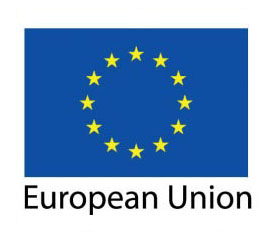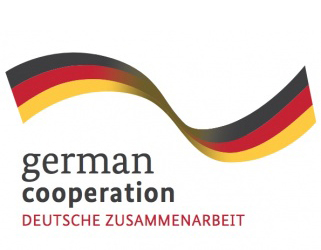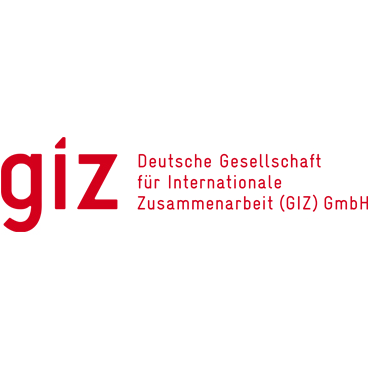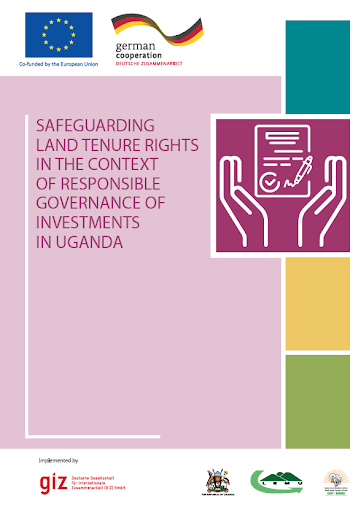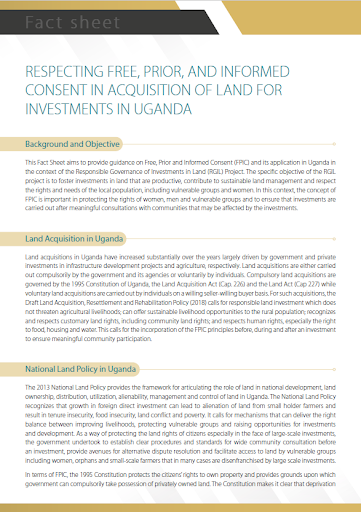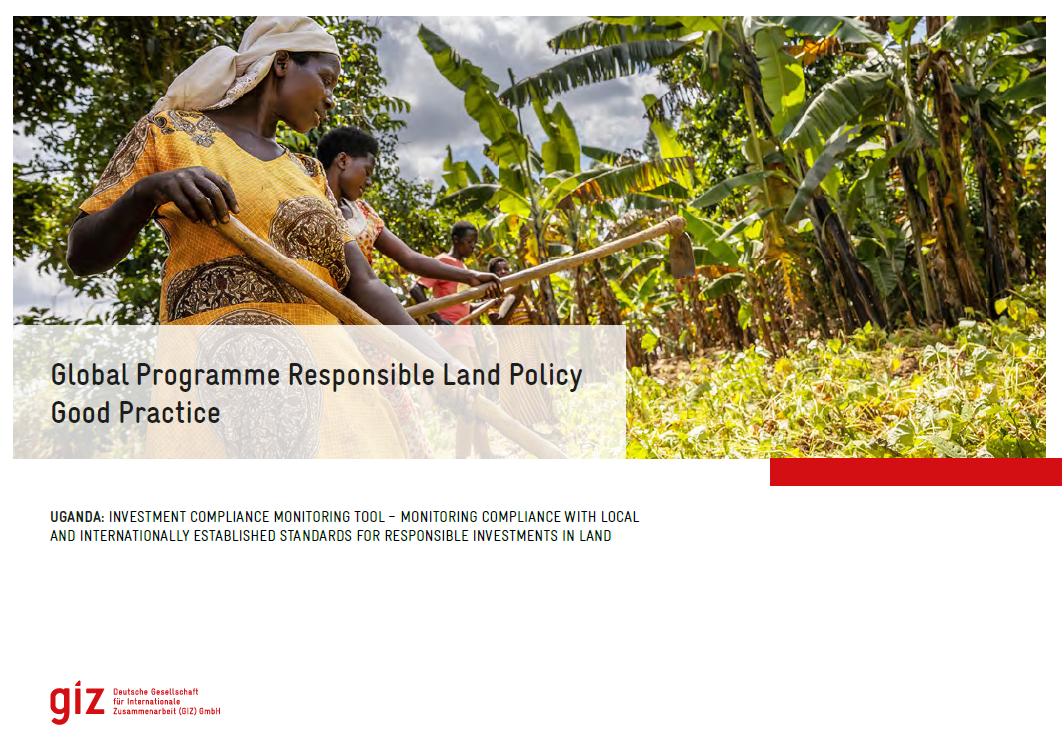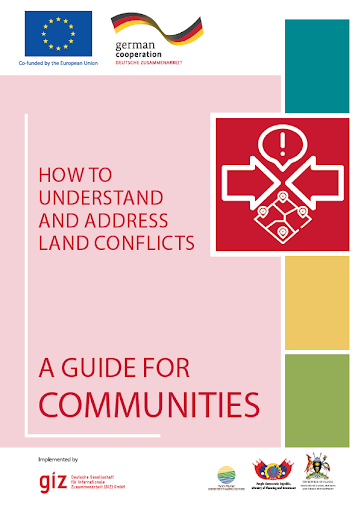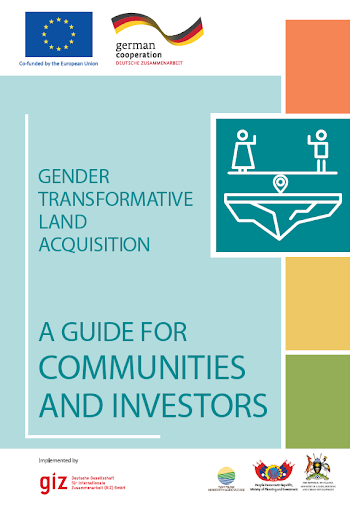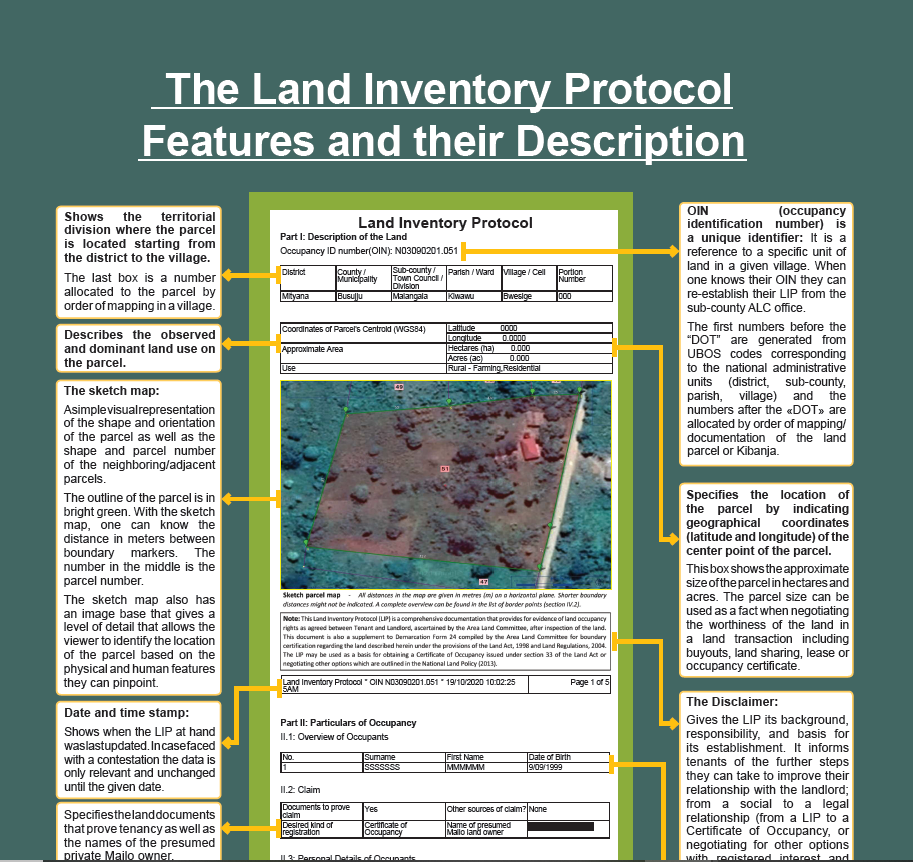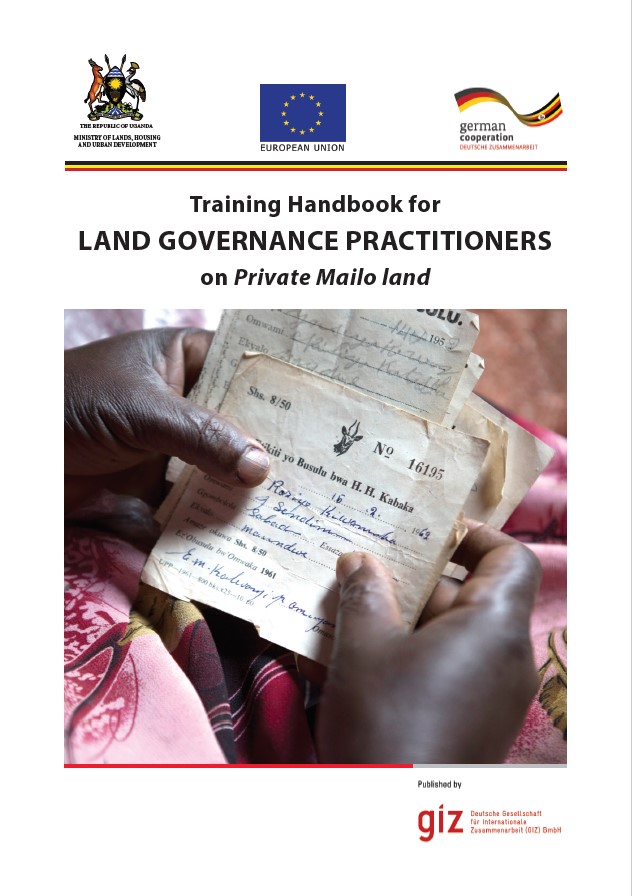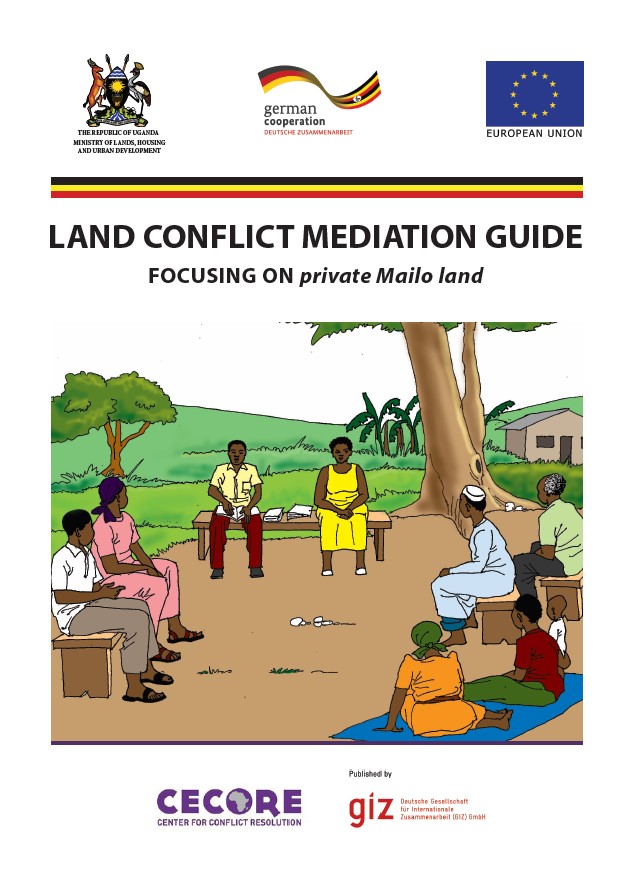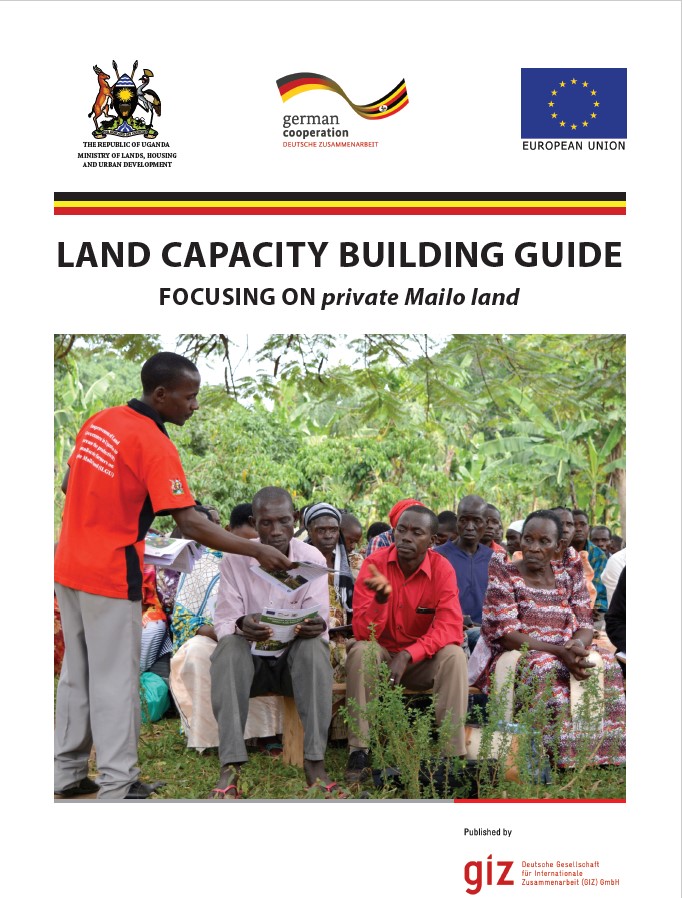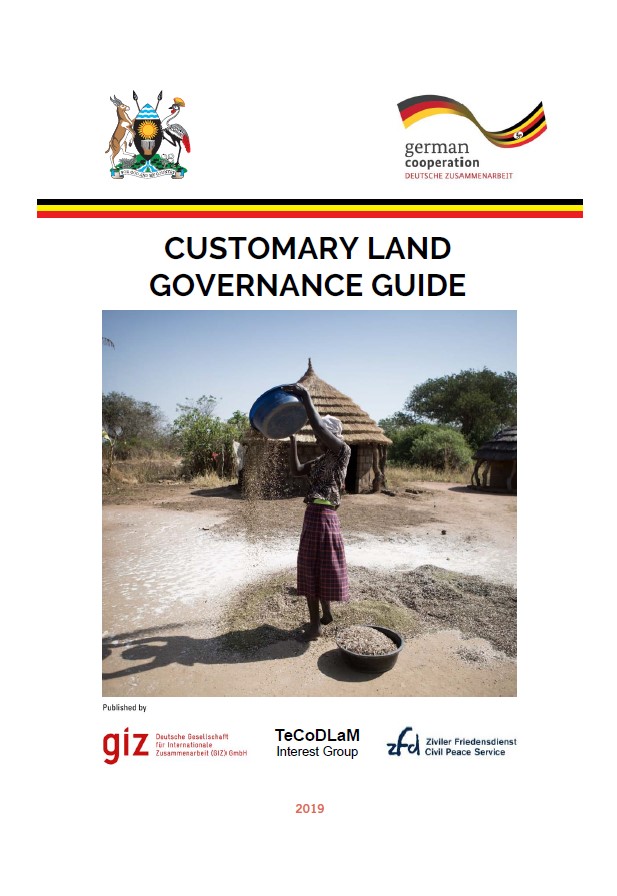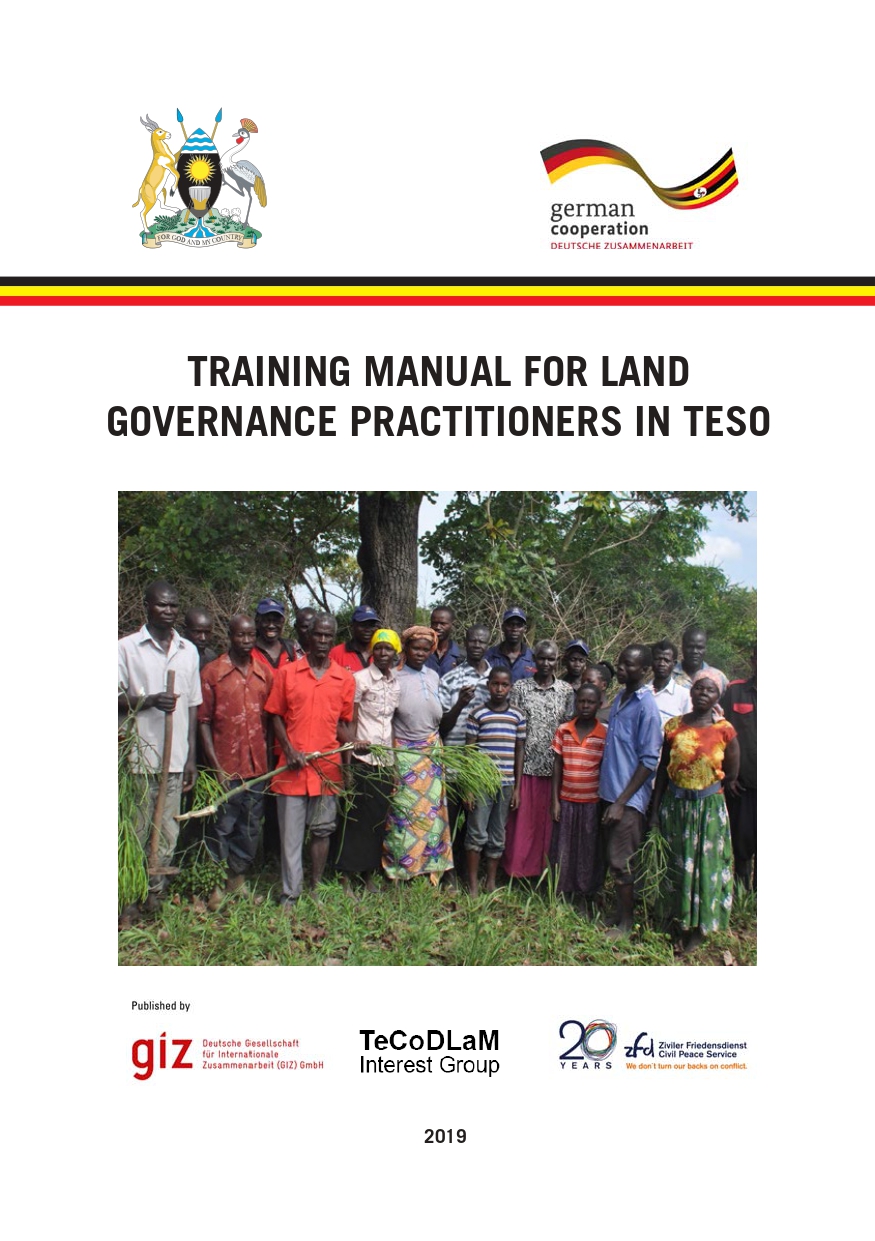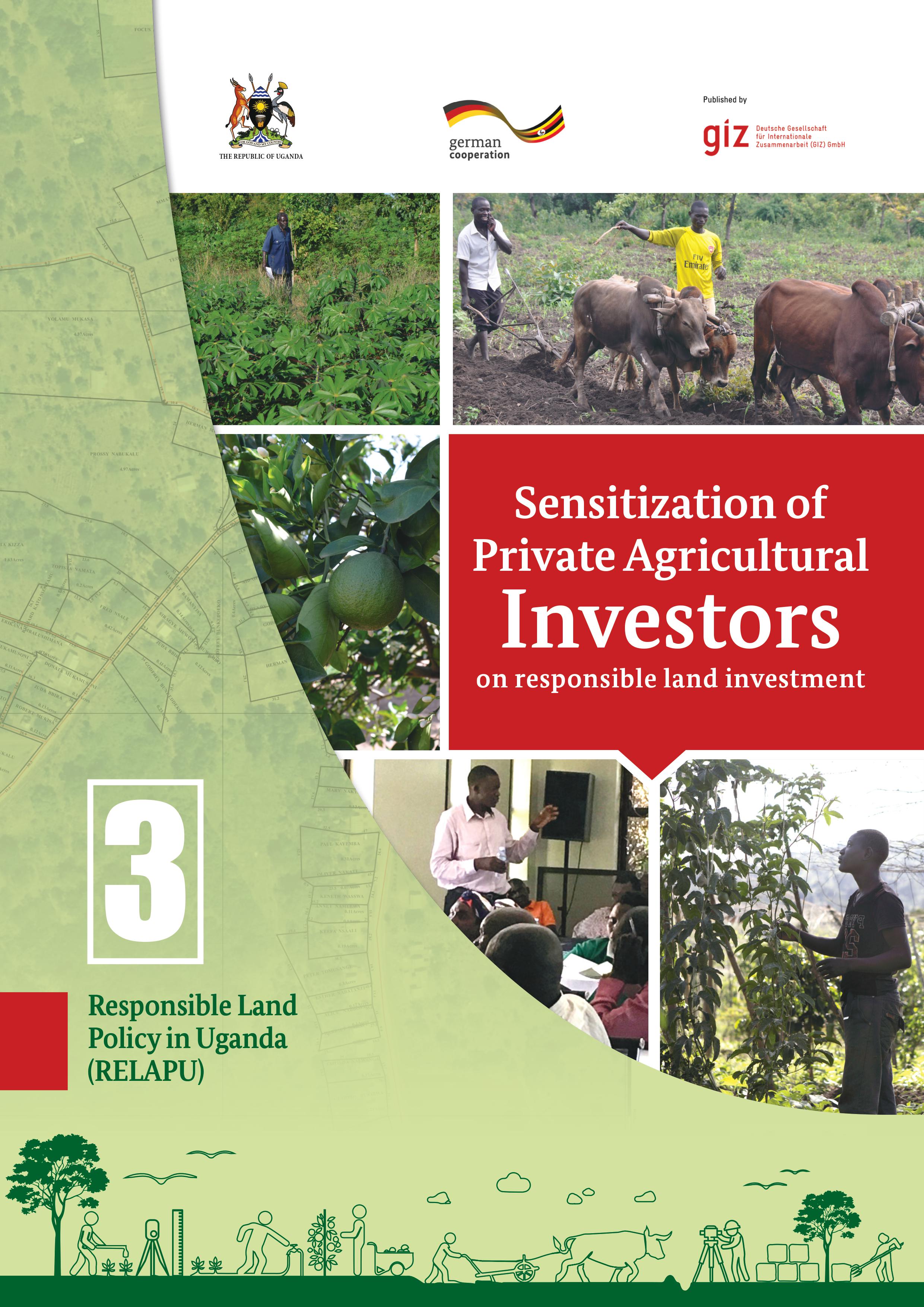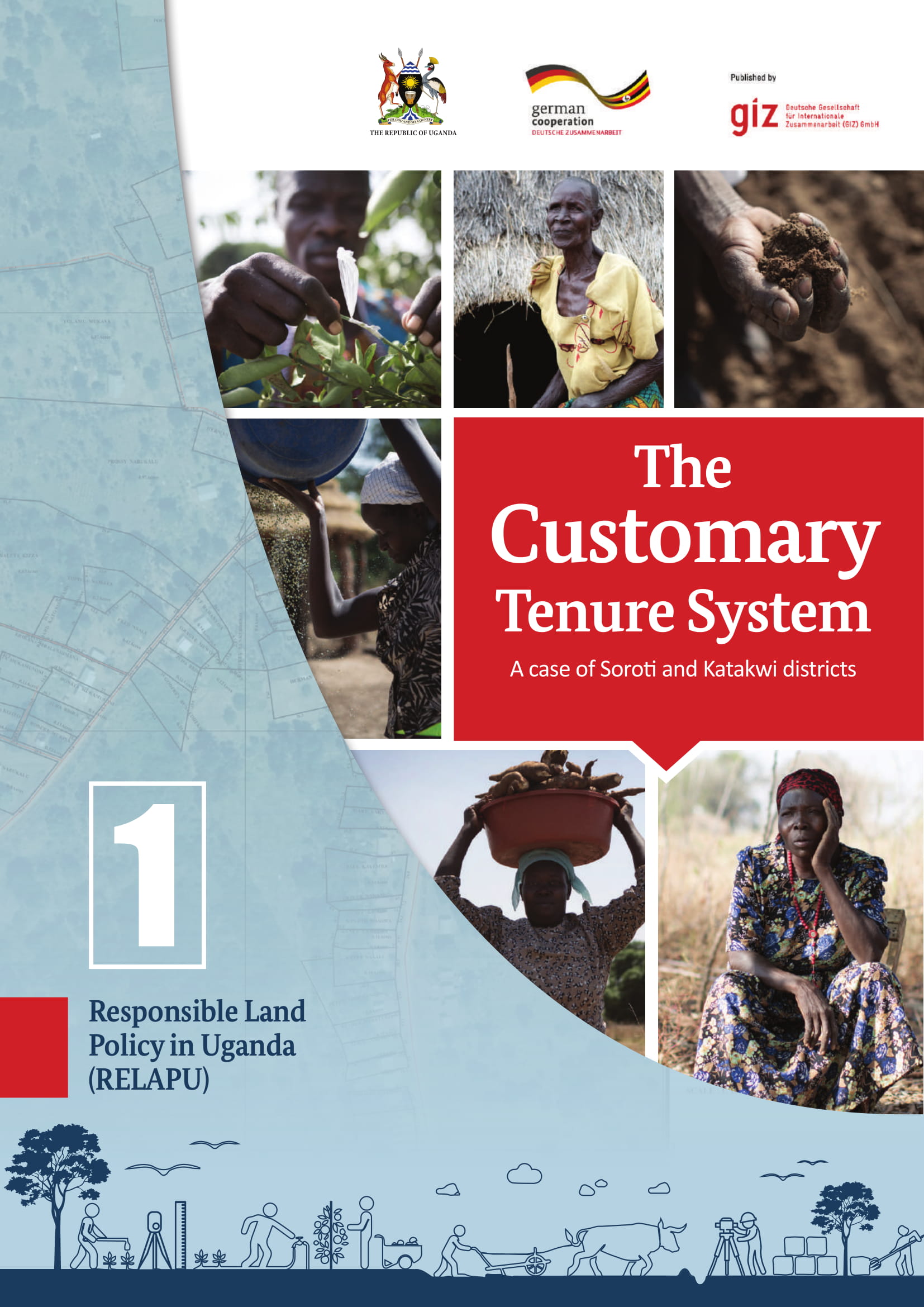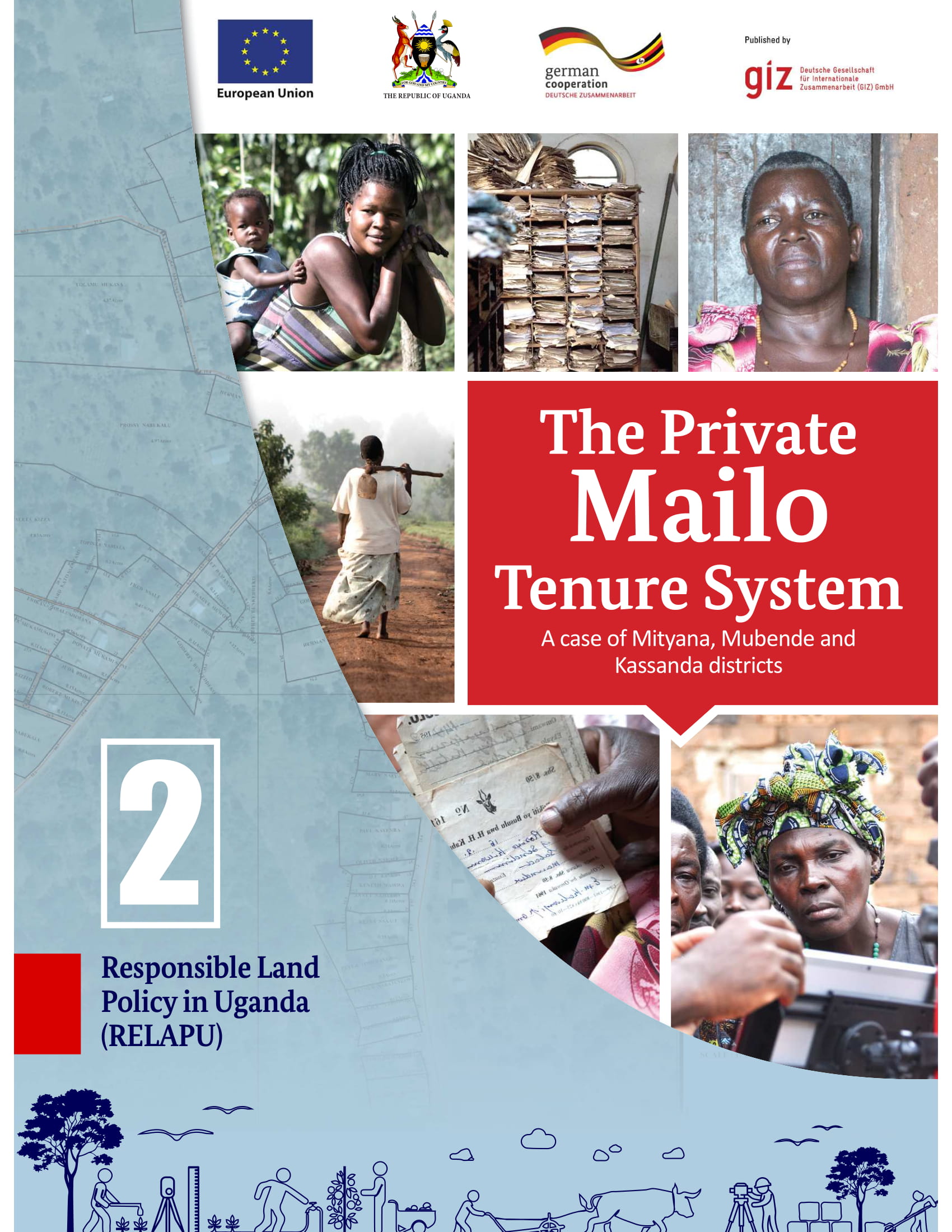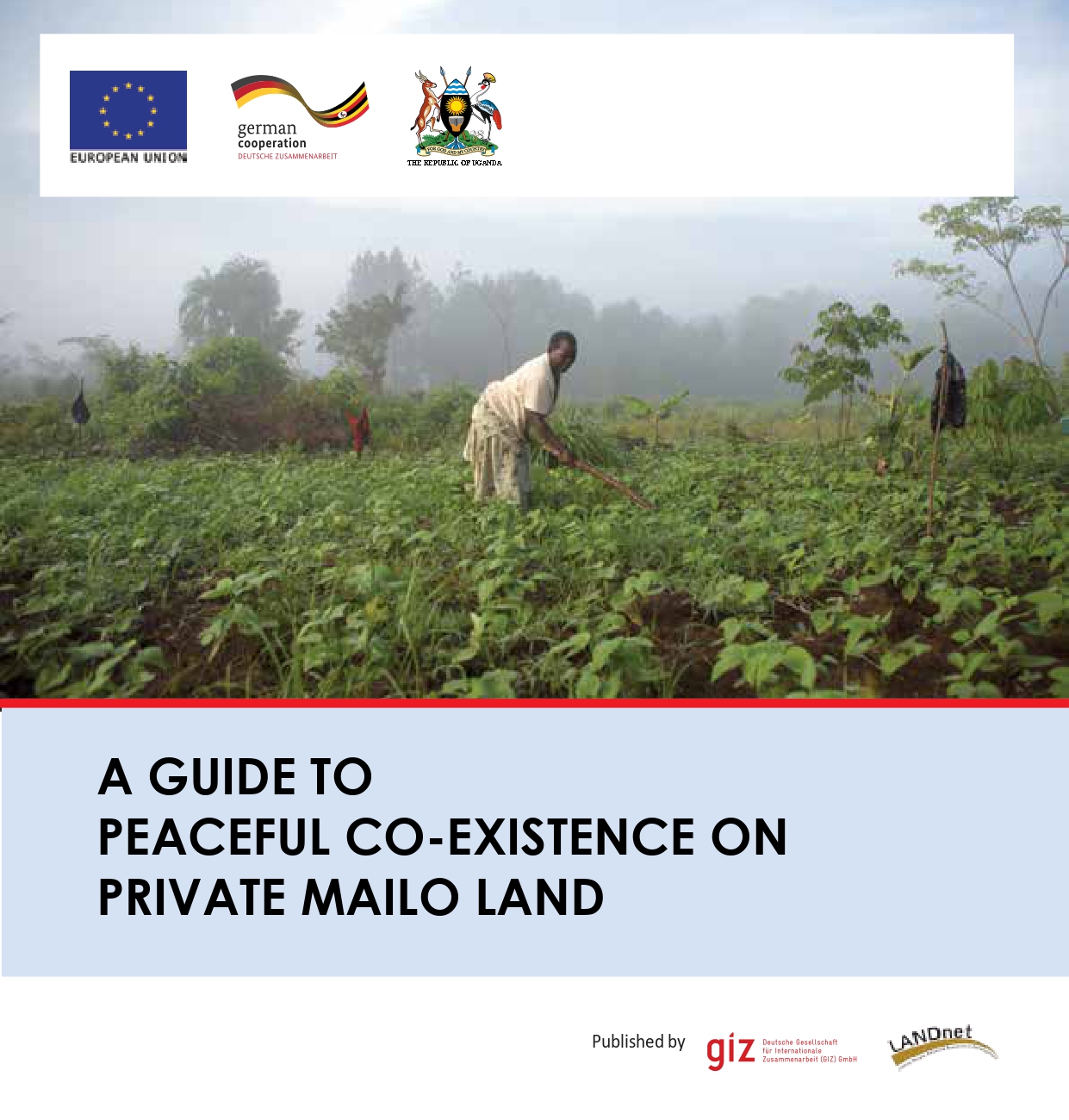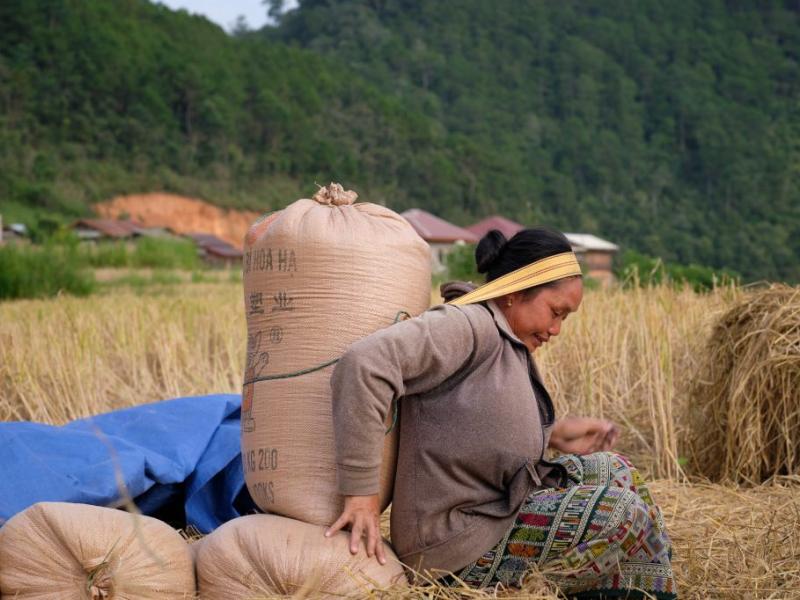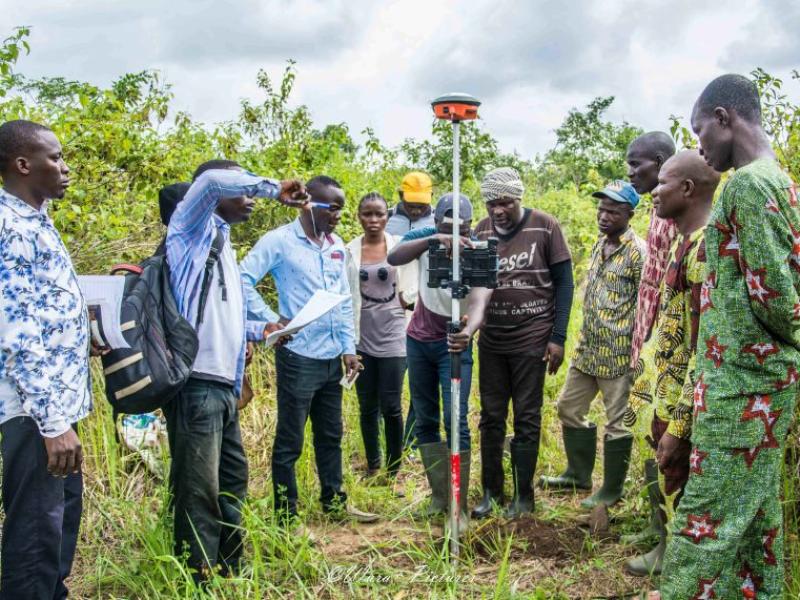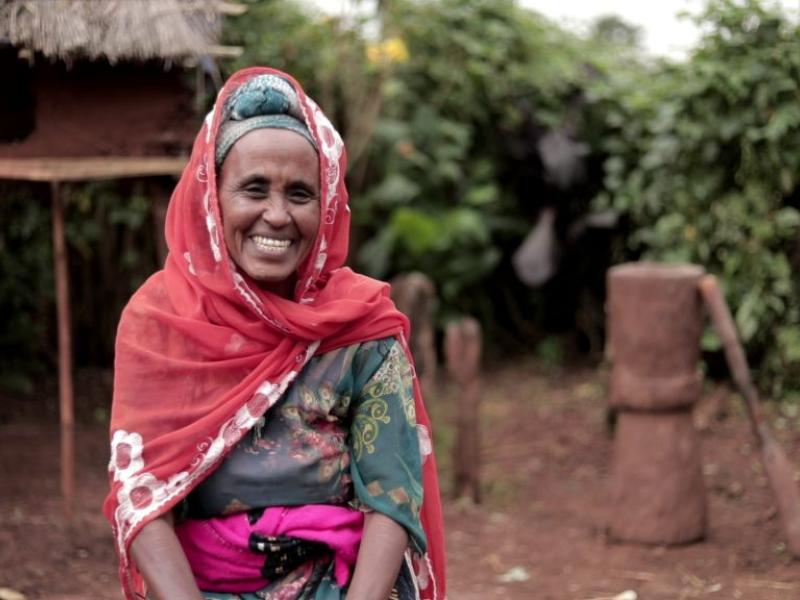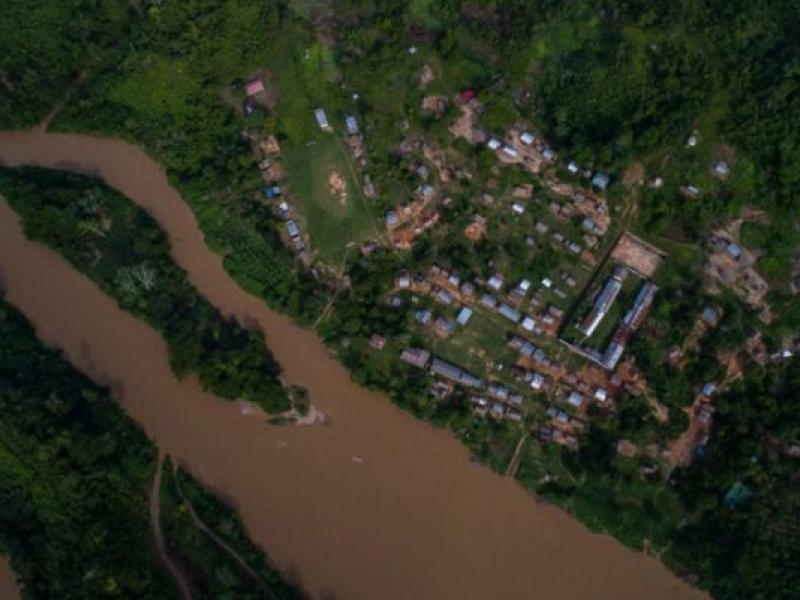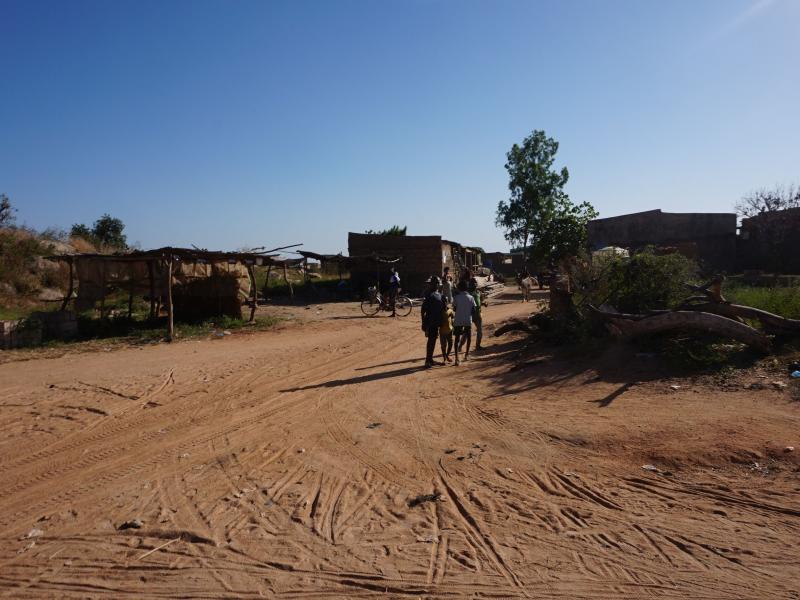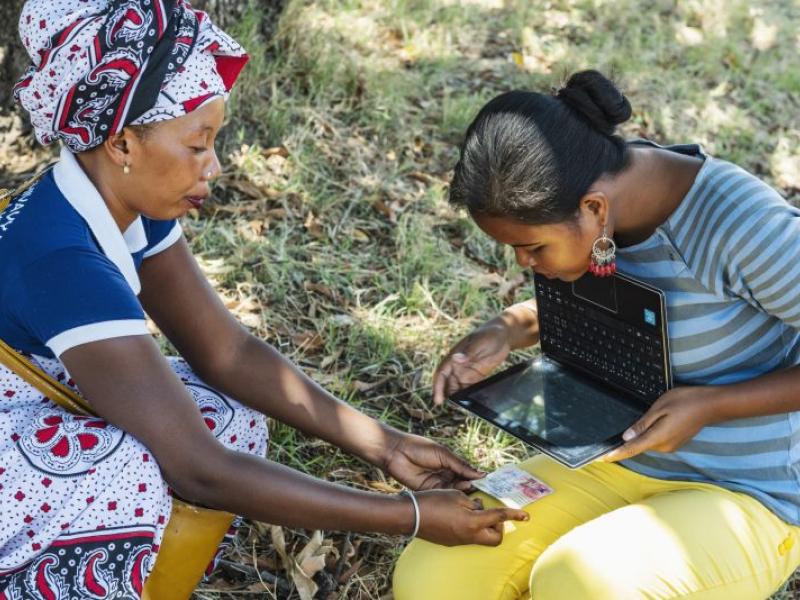Community / Land projects / Responsible Land Policy in Uganda
Responsible Land Policy in Uganda
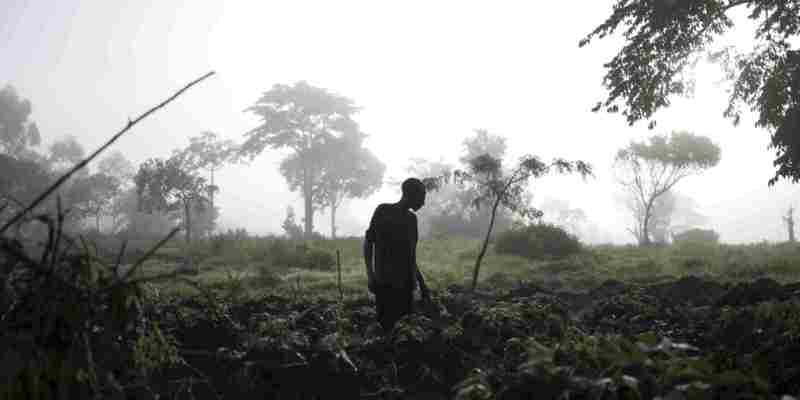
€27350000
05/16 - 05/26
Actif
Implementing Organisations
Donors
Data Providers
General
With an average of 229 inhabitants per km2, population density in Uganda ranks high among the most densely populated countries in Africa and is currently experiencing growing pressure on land and land-related resources. The population is growing by more than 3.3% per year. Land in Uganda is increasingly being fragmented due to inheritance rules. As a result, land ownership is being split up and competition between different user groups is on the rise. This situation is exacerbated both by the presence of more than 1.4 million refugees from neighbouring countries (as of March 2020) and by large-scale land investment by national and international investors. Against this backdrop of growing competition for dwindling land resources, fair and secure land rights are increasingly important.
Less than a quarter of the land is formally registered and for most of the largely rural population, land is a source of identity, livelihood, nutrition, and wealth. The lack of documentation of ownership and historically weak enforcement of land rights has become a major challenge to contend with today. There is a high amount of insecurity particularly on customary land, often leading to the rural population having less secure access to land. Women, youth, and marginalized groups especially, are often unaware of their land rights. Land conflicts are a common occurrence within communities or families, often due to unclear land use or ownership. Additionally, conflicts are aided by cases of illegal land acquisition and eviction by some investors or from the often-fragile relations apparent in the refugee-hosting communities in the country.
Progressively, Uganda has created favourable preconditions for land governance through the 1995 Constitution, the 1998 Land Act, and the 2013 National Land Policy (NLP). However, given the latest implementation experience, there is a need for a review of the legal framework to reflect the emergent dynamics in the land sector. The global programme is working with local institutions to advance the granting of use and ownership certificates for smallholders as a basis for economic growth and food security.
Our approach
The Programme for Responsible Land Policy in Uganda (RELAPU) comes in to bridge the policy and implementation gap in actualizing the National Land Policy to promote land rights through supporting Continuous Awareness Raising and Information Dissemination (CARID) on land rights, resolving land conflicts through Alternative Dispute Resolution (ADR) within communities using Area Land Committees, and Capacity Development within the Ministry of Lands, Housing and Urban Development (MLHUD), Local Government administrations and Civil Society Organizations to support systematic mapping of land using a fit-for-purpose approach.
The Programme works closely with all key stakeholders forsharing knowledge and experiences. This multi-level and multi-stakeholder approach secures inclusion and participation and, together with the experiences from implementation, informs policy advisory and review of the legal framework at the national level. The step-by-step, fit-for-porpuse process of land registration is a safe-guard to only map and document conflict-free land. Land ownership and use rights are registered with the issuance of a social document - Land Inventory Protocols (LIPs), and formal documents - Certificates of Occupancy (CoOs) and Certificates of Customary Ownership (CCOs). These documents not only record the ownership or use-right but also enable smallholder farmers to access credit for agricultural investment increasing agricultural productivity and household incomes, specifically for women, youth, and marginalized groups.
Sustainability is baked-in by a move towards self-financing of land registration where minimal fees are set by the District Local Councils for registration of land rights within the Sub-Counties. The programme works under the following fields of action:
- Improving institutional framework and procedures to secure tenure rights in Uganda, based on evidence, innovative approaches, and digitalized processes.
- Increasing civil society engagement in the formulation, review, and implementation of responsible land policy.
- Raising awareness about responsible land policy along internationally agreed guidelines and the 2013 National Land Policy among private agriculture investors, affected land users and financial institutions.
An example from the field
Less than 10% of all land plots in Uganda are formally registered. Rural populations are particularly likely to lack the documentation to protect their land rights. For this reason, traditional land ownership rights can often be established only with testimony from neighbours, village elders or clan representatives. Attaining land titles or land certificates is a lengthy and costly process and, for most of the rural population, simply not possible. The project Responsible Land Policy in Uganda is working in this area to ensure systematic documentation of the land rights of those living in rural areas. The first stage of the project involves informing the target population about its rights and its scope for protecting its land rights in the long term. One aspect is strengthening women’s rights since land rights are often passed down exclusively to male descendants. The second stage is to establish systematic land inventories at village level, surveying individual land plots digitally and collecting the necessary information concerning owners and users. The resulting land inventory protocols (LIPs) include all necessary information on neighbours, clans and parcels of land. The documented testimonies of neighbours and clans play a decisive role in avoiding future land conflicts. The LIPs are an adapted and pragmatic minimum standard for securing land rights: the systematic approach markedly reduces the work and costs involved. The LIPs also function as security when holders apply for small loans. LIPs therefore not only improve the land rights situation of those involved but also facilitate their access to credit to enable them to invest in their land. This gives entire families a better future.
The benefits
The Programme has supported awareness raising and mapping of undocumented land to strengthen land rights and mitigate land conflicts. Over 86,000 households in Northern, North-Eastern and Central Uganda have secured land use and ownership rights through Land Inventory Protocols, Certificates of Occupancy and Certificates of Customary Ownership. Of these households, 26,353 are women-headed. While 121,151 hectares of land have been mapped through direct Programme intervention. The Programme supports amicable resolution of land conflicts using Alternative Disputes Resolution Mechanisms. In Central Uganda alone, 3,043 conflicts were reported and 2,531 solved – an 83% success rate (April 2022). Through the Responsible Investment in Land (RGIL) project component that ended in December 2023, at least 73 domestic agricultural investments improved compliance with international principles on responsible investment in agriculture and food systems.
A compliance monitoring Tool was developed together with the Uganda Investment Authority (UIA), to promote social, environmental, and human rights safeguards for investment in land. The Land Inventory Protocols have created preconditions for stepby-step registration of land rights. RELAPU has leveraged this to pilot a self-financing model of land registration within the local administrative structures. The LIPs, CoOs and CCOs have increased tenure security and land value for the recipients of the land documents while also enabling smallholder farmers to access credit for agricultural investments. Through dialogue with Uganda Bankers Association (UBA) and six financial institutions these documents may now be used at sensitised branches when applying for loans. Gender inclusion has been mainstreamed, with specific trainings to address gaps and advocate for women's land rights. While social inclusion in land governance has been ensured through CSOs and supporting public forums with representative voices from society.
Resources
Here on Landportal, the GPRLP shares its knowledge products, which come directly from the projects in the countries. These include good practices, impact stories, as well as manuals and guidebooks on topics like tenure security, dispute resolution and implementation strategies. You can find all our resources from Uganda down below!


